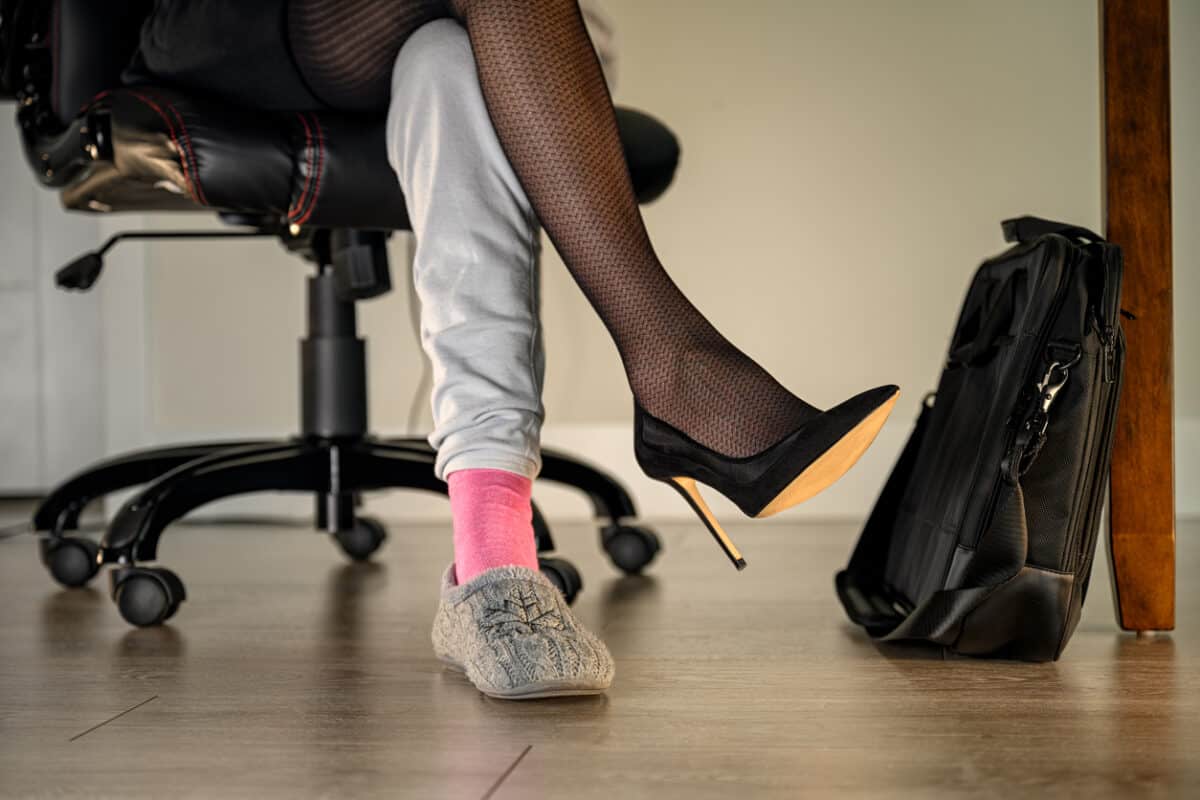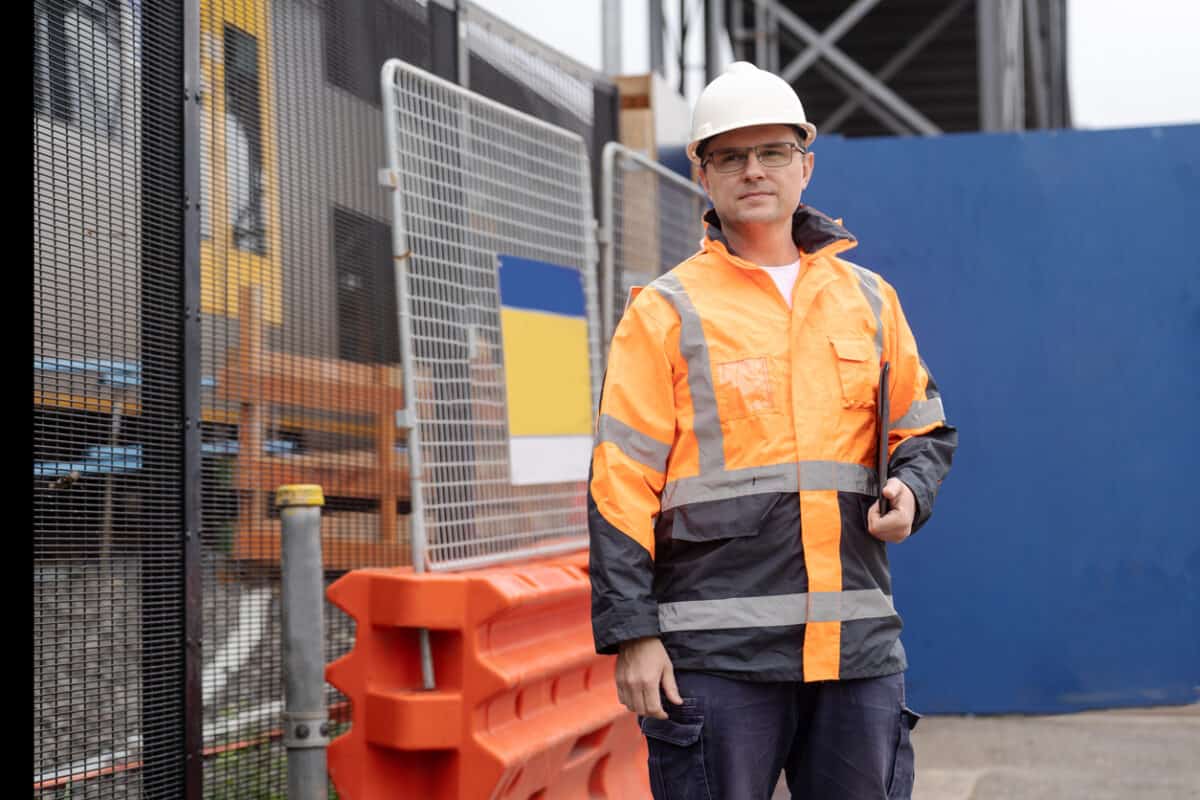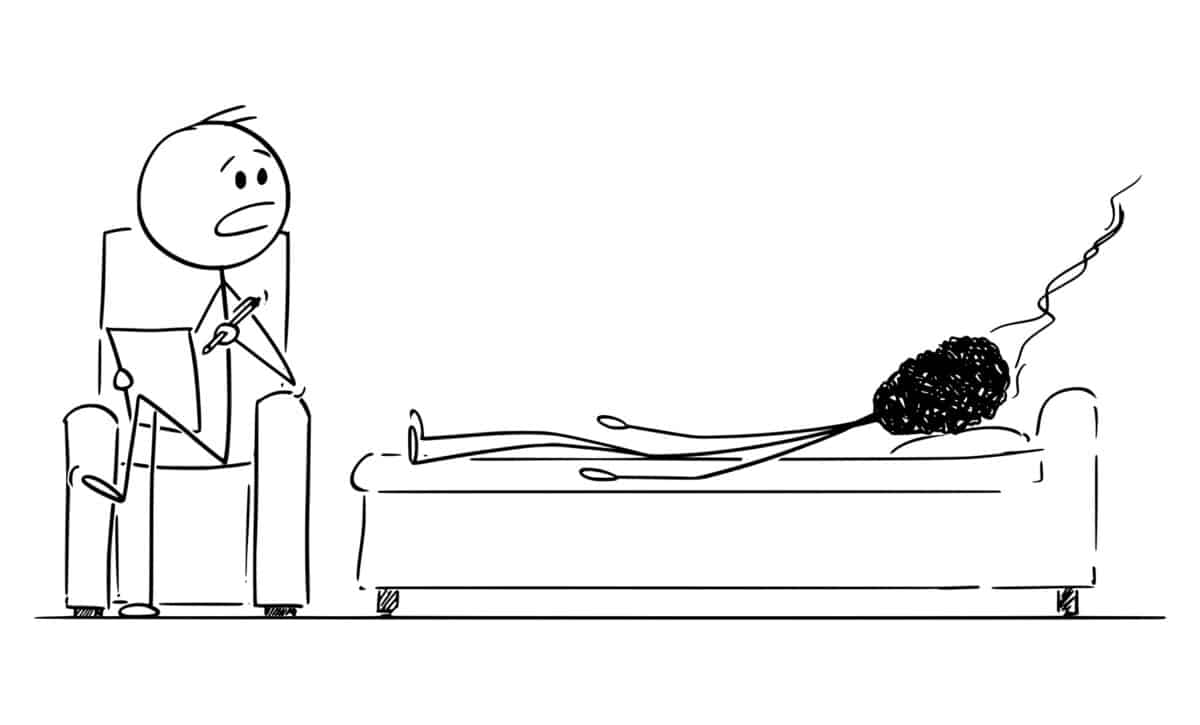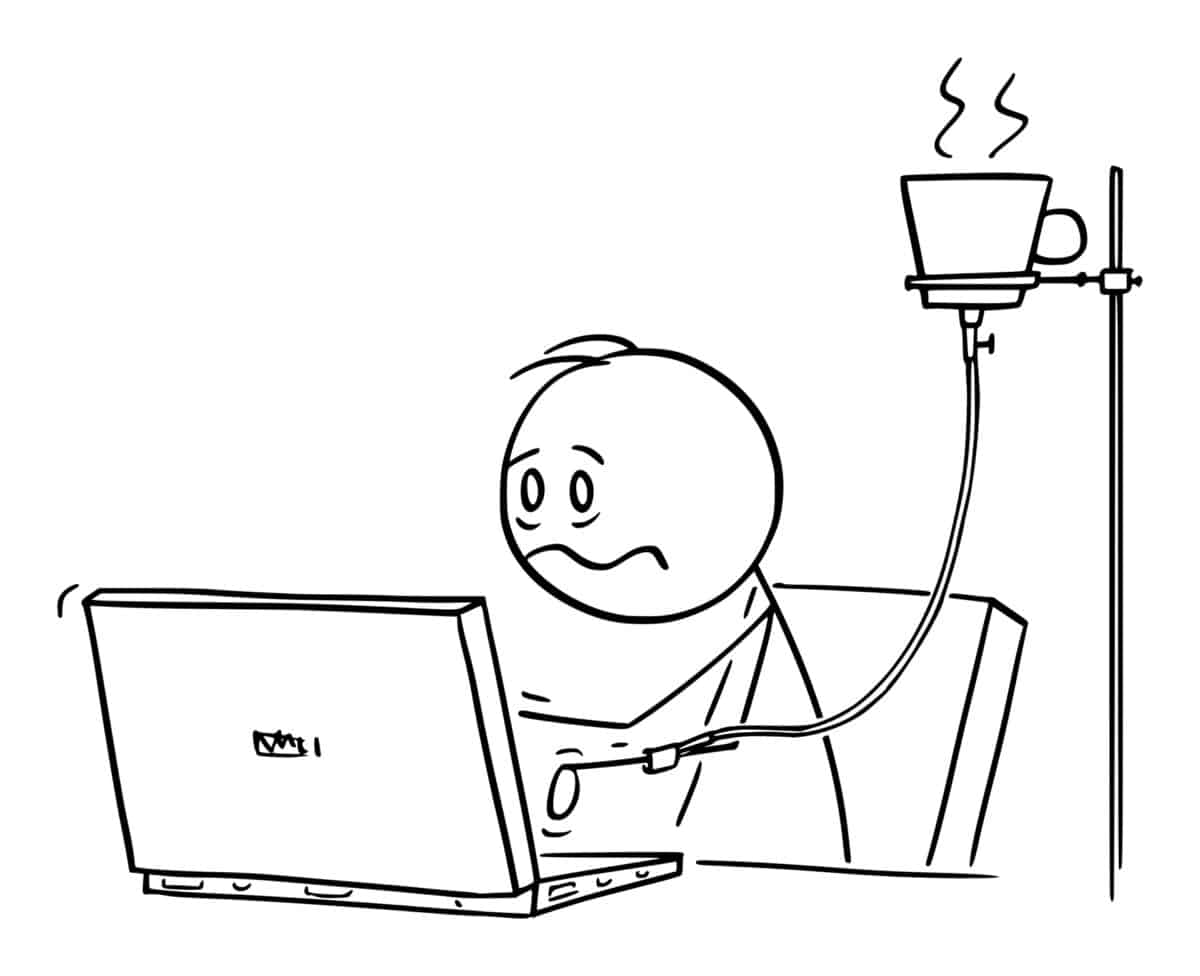Occupational health and safety (OHS) has many myths, as do many other business disciplines. This is particularly concerning in a discipline that advocates evidence-based decision-making and pushes for peer-reviewed independent research. Sometimes these myths relate to using gym balls as office chairs or back belts or “safe lifting techniques” to reduce manual handling risks or, and this is one of my own suspicions, ankle-high safety boots that reduce the risk of ankle injuries. There are also mixed messages about sit-stand desks. (Counterarguments welcome in the comments below)
The United States seems to be in the early stages of an urban myth about police overdosing after accidental exposure to fentanyl, although this has been cooking since at least 2021. The nature of social media and the internet suggests that sometime soon, this accusation or experience will appear in Australia. Various US–based media have looked at this occupational hazard, with the latest being National Public Radio (NPR) on May 16, 2023.
Continue reading “A new unicorn – the creation of a work health and safety myth”






